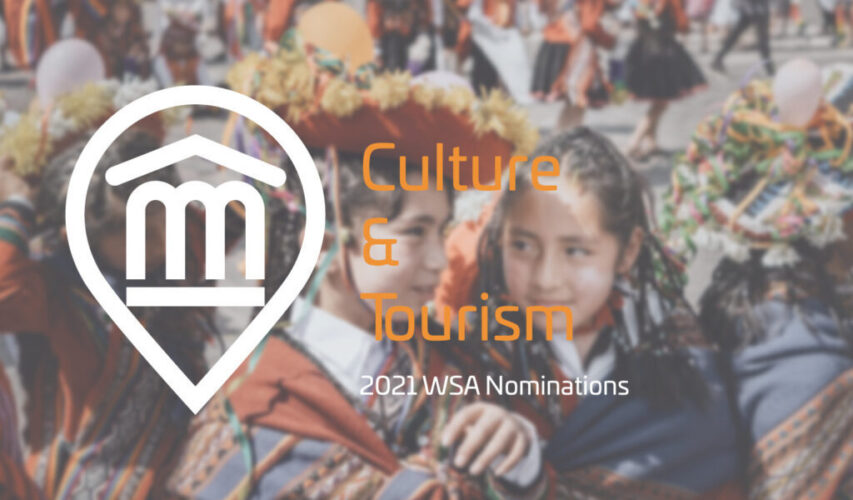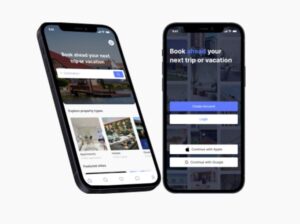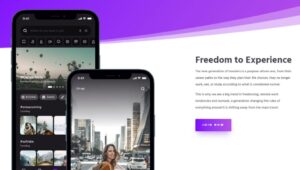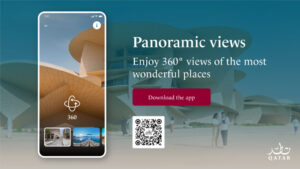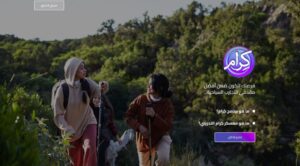WSA NOMINEES OF CULTURE AND TOURISM 2021
A SUSTAINABLE WAY OF DISCOVERING
WSA focuses on selecting and promoting digital innovation and quality content from local communities from over 180 UN-Member States. Every year, the WSA National Experts nominate up to 8 best digital impact practices classified into 8 WSA Categories. WSA encourages knowledge sharing within the WSA Network and beyond to reach the UN SDGs.
The Glasgow Declaration, on Climate Action, seeks to establish a commitment for a decade of climate action in tourism[1]. It has set its objectives on halving emissions by 2030 and reaching Net Zero before 2050. Climate change impacts are also visible as the populations that can suffer the greatest are “under-represented and vulnerable groups, such as women, indigenous communities”[2] therefore, as stated in the Declaration, a “just and inclusive transformation must prioritize their voices and needs”[3]. Moreover, sustainable tourism also involves reducing the carbon pathway and reducing CO2 emissions. Furthermore, another topic to consider is the need to prioritize gender equality in tourism. Considering that it constitutes one of the most dynamic industries, where women represent less than 40% of managerial positions and earn 14.7% less than their male counterparts[4].
The following category is focused on Culture and Tourism. On the one hand, culture can have a positive impact across different sectors. Additionally, it visualizes the role that local knowledge plays in cultural diversity. Culture can have a wide impact, in economic and social terms for instance[5]. On the other hand, The World Tourism Organisation conceptualizes Sustainable Tourism, as tourism that concentrates on the current and future economic, social and environmental effects. In addition, to taking into consideration the demands of visitors, the environment, local communities, and the industry[6]. When culture and tourism are combined, a particular type of tourism is created, in which the fundamental ambition and desire are to “learn, discover and experience the tangible and intangible culture of the place they visit”[7].
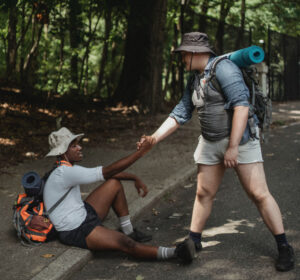
Category of Culture and Tourism focuses on projects that focus on:
- Preserving and presenting cultural heritage in line with the challenges of the future
- Enabling travelers to find attractions, be informed and enlightened, enjoy safe travel, and have access to up-to-date travel information
- Promote sustainable tourism that creates jobs and promotes local culture and products
- Safeguard and transmission of cultural heritage
Trend 1: Platforms that promotes sustainable tourism
The first trend focuses on reducing the amount of time set out to plan and design a trip while encouraging sustainable tourism and providing a more personalized experience. Which can enable the visitor to capture and get into contact with the culture of the country they are visiting. Bongalo, from Cameroon, focuses on enhancing traveling across the African continent, as they aim to link travelers to inexpensive places. They do so, through their booking platform, where payments can be carried through. They aim to counteract the vision that African travel accommodation is only intended for western tourism. In this manner, they aim to make tourism for cross-country African travelers affordable. Travaris, from Tunisia, is a mobile app that focuses on providing the tourism industry with the focus placed on solo travelers, particularly backpacking tourism. Their goal is to reduce the number of hours spent on planning the trip itself.
MyWonderBird, from Lithuania, is a travel app that has a playful approach. It aims at reducing the time destined to plan a trip and make sure it suits the future tourist. How does it work? Its focal point is set on promoting less discovered and popular places while taking into consideration the preferences of the person. Once the match has been set, the app provides a planned trip, making it much easier to build their trip, based on the AI model.
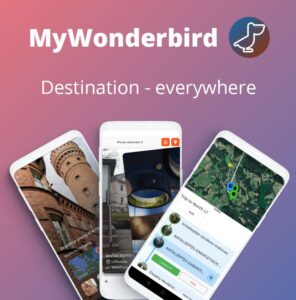
Trend 2: Support the country’s cultural and tourism offer
The following trend focuses on promoting a specific country through tourism platforms while rising the visibility of local culture and customs. KIRAM, from Saudi Arabia, is a platform that concentrates on improving local tourism experiences, as well as empowering experience providers. To achieve this goal, it provides training, qualification, and capacity development to the local developers. It does so through three different phases: discover, attract visitors; develop, candidates via virtual and on-ground boot camps, and lastly empower, them to support Kiram graduates in licensing partnership… Visit Qatar, from Qatar, is an app and website, that employs cloud-based experience, to design a user-centric digital travel companion. It allows visiting Qatar’s cultural heritage sites, outdoor sports activities, and unique attractions, as well as 360-degree and panoramic views of iconic sites and landmarks.
Especially Protected Natural Areas, from Belarus, is a web portal that focuses on supplying the visitor with information targeting the nature, architecture, and history of Belarus. The website allows the tourist to select what kind of tourism they are interested in, for instance, nature, culture, religion, and food, and then visualize it in an interactive map, which enables the user to create personalized routes.
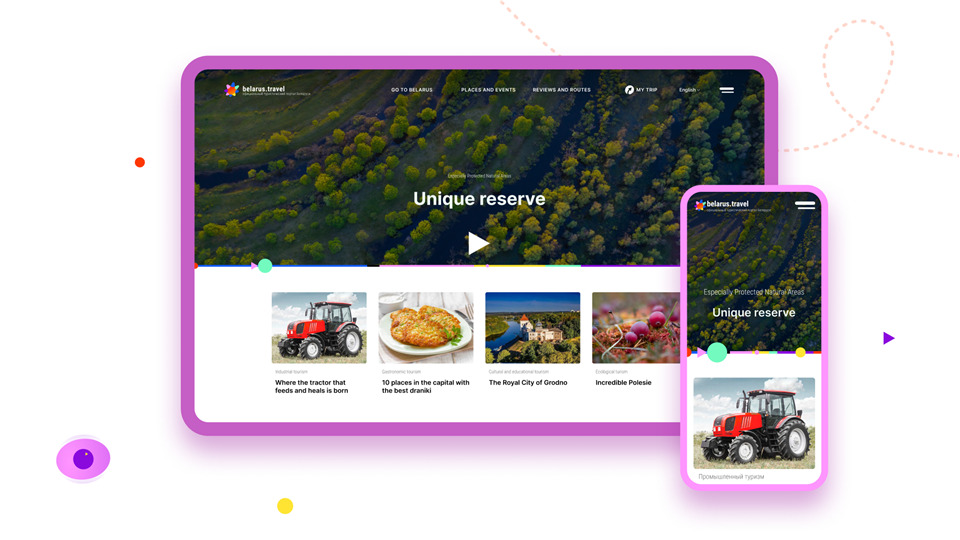
Trend 3: Promote culture digitally
The fourth trend, on the one hand, targets digital accessibility in culture, the use of digital technologies to promote local communities and traditions, and on the other hand, digital authorship protection of content created by artists. Inclusion Museum Portal, from Brazil, has developed a website, with features that assure 100% digital inclusivity. It was built to comply with the accessibility practices of the World Wide Web Consortium. And focuses on meeting its diverse audiences, and increasing its digital presence.
Dante as an ecologist and poet in the world “Divine” illustrations by Gustave Doré, from Italy, has created an audio-video recording of the essay, animation illustrations, and original background of music. 2021, was the year of Dante’s 700th anniversary. The goal? To facilitate the understanding of Dante’s poetry and love for nature. With this aim in mind, it makes Dante’s point of view on the environment visible. For instance, he highlights the interaction between living and non-living, as well as discouraging humankind from altering the balance existing between the various elements of the environment.
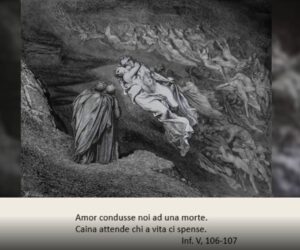
Xtreme Legends Lottery, from Guatemala, is a phone game app, based on the traditional fair lottery. It allows you to compete with your friends and family. In addition to learning about promotions and products from businesses around the neighborhood, area, and city. Therefore, it encourages the visibility of products from hundreds of small businesses, and at the same time, it makes perceptible and noticeable regions, places, and traditions that perhaps do not have a lot of reaches, thus, boosting the local economy.
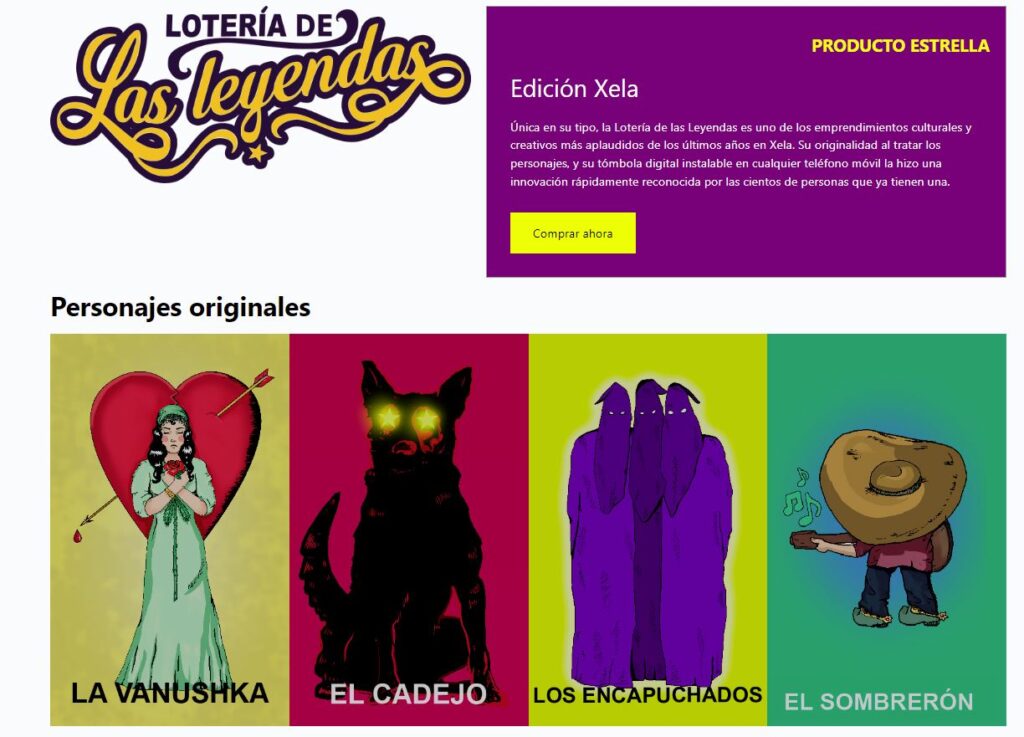
Bernstein.io - Besitze was Du first, from Germany, which focuses on providing artists, creators, writers, and designers, with a way to secure their intellectual property. In a digital, easily accessible vault for creative content, they can claim authority and prior knowledge of any digital asset. Bernstein.io certificates can help the artists establish a record and permanently, globally valid evidence of that.
![]()
The previously presented projects on the WSA Nominees of Culture and Tourism of 2021, have showcased different digital solutions focused on promoting sustainable tourism, making tourism available to the locals, reducing the time of planning a trip, and at the same time, promoting the cultural offer of specific countries, and lastly, to find solutions to bring culture closer with people with disabilities, and protect the art created by artists. Furthermore, as acknowledged in SDG11 Target 4 it is a call to action “strengthen the efforts to protect and safeguard the world´s cultural and natural heritage”[8]. Lastly, it is relevant to point out that culture can also propel sustainable development, as it highlights the importance of intangible cultural heritage.
[1] https://www.unwto.org/news/the-glasgow-declaration-an-urgent-global-call-for-commitment-to-a-decade-of-climate-action-in-tourism
[2] https://www.oneplanetnetwork.org/sites/default/files/2021-11/GlasgowDeclaration_EN_0.pdf
[3] https://www.oneplanetnetwork.org/sites/default/files/2021-11/GlasgowDeclaration_EN_0.pdf
[4] https://www.oneplanetnetwork.org/knowledge-centre/resources/prioritising-gender-equality-tourism-why-and-how#section-supporting-documents
[5] https://unesdoc.unesco.org/ark:/48223/pf0000371562
[6] https://sdgs.un.org/topics/sustainable-tourism
[7] https://www.unwto.org/tourism-and-culture
[8] https://unesdoc.unesco.org/ark:/48223/pf0000371562
